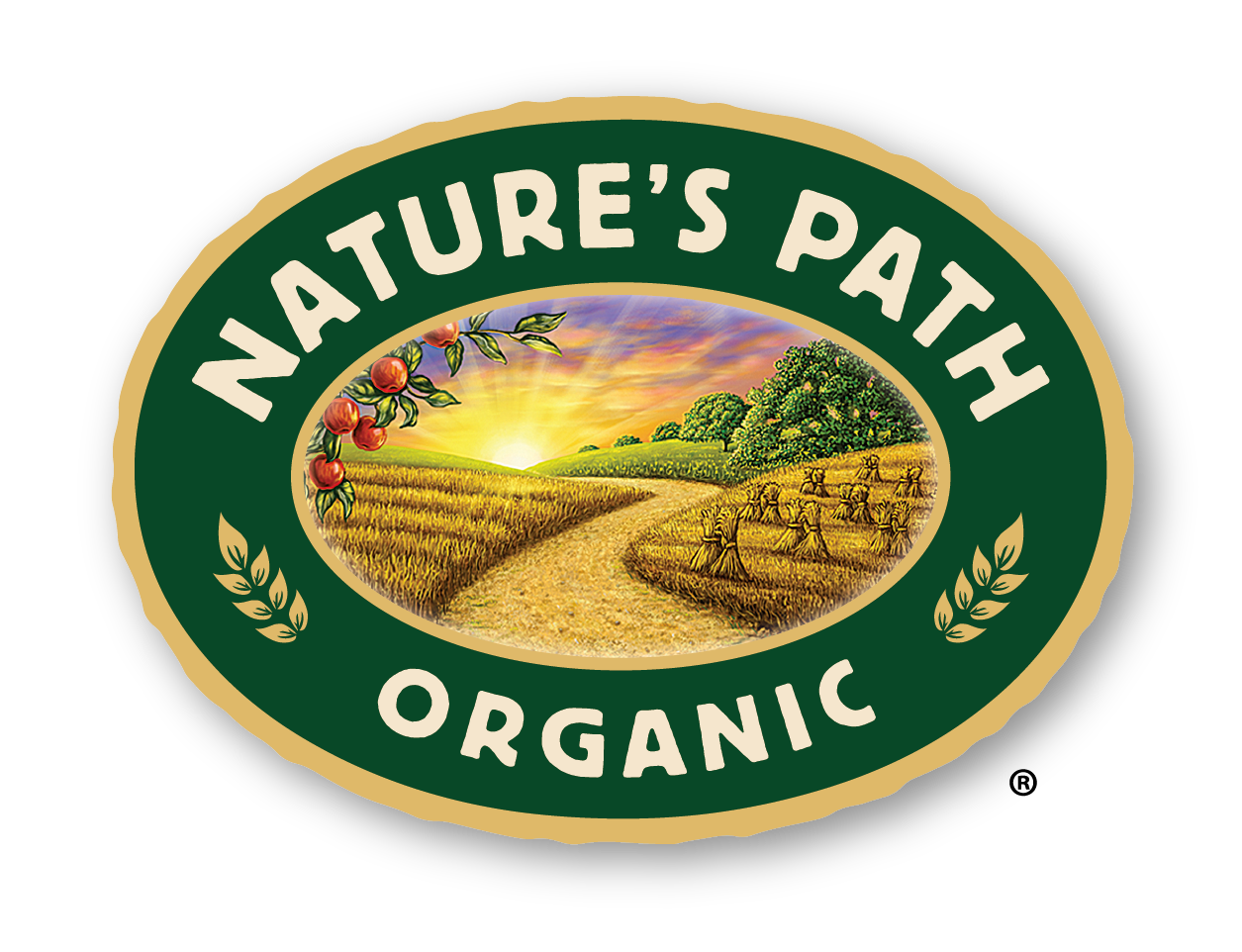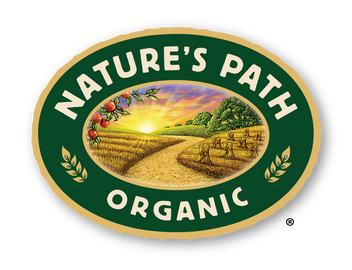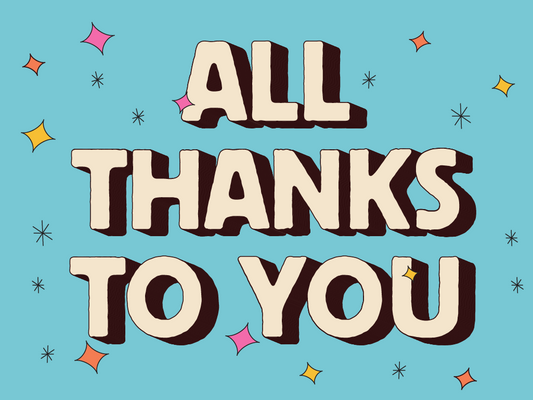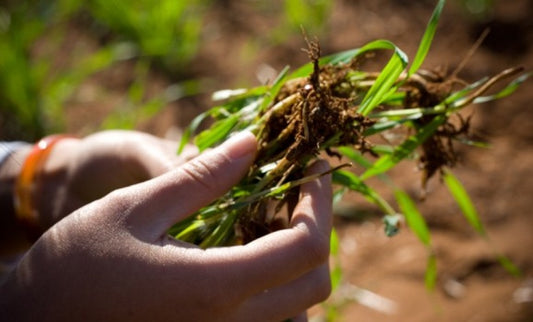First of all, how much protein do we “need?
The current consensus is that women need 46 grams per day (71 grams if pregnant or breastfeeding) and men need 56 grams. This figure may increase depending on your activity level. That sounds like a lot, so we pile the lean meats, Greek yogurt and nut butters into our grocery carts. Garth Davis, a weight loss surgeon in Houston, dubbed those of us with this obsession “Proteinaholics” and wrote a book with the same name. He says, “If I can’t convince you that protein is bad for you, I can’t convince you that water is wet.” Most Americans consume 100 grams of protein per day, so there certainly isn’t the lack of protein that is almost universally assumed. Vegetarians are not much better: averaging 70% more protein than they need each day. Here is the rub: just about every food has some protein in it. This includes those not traditionally associated with sources of protein, like beans or hummus. Protein is everywhere, including in your cauliflower (2 grams in one cup) or nutritional yeast (2 tablespoons contains 9 grams).Would you like to be the first to hear about our new products and more? Sign up for our Nature’s Path Newsletter.








